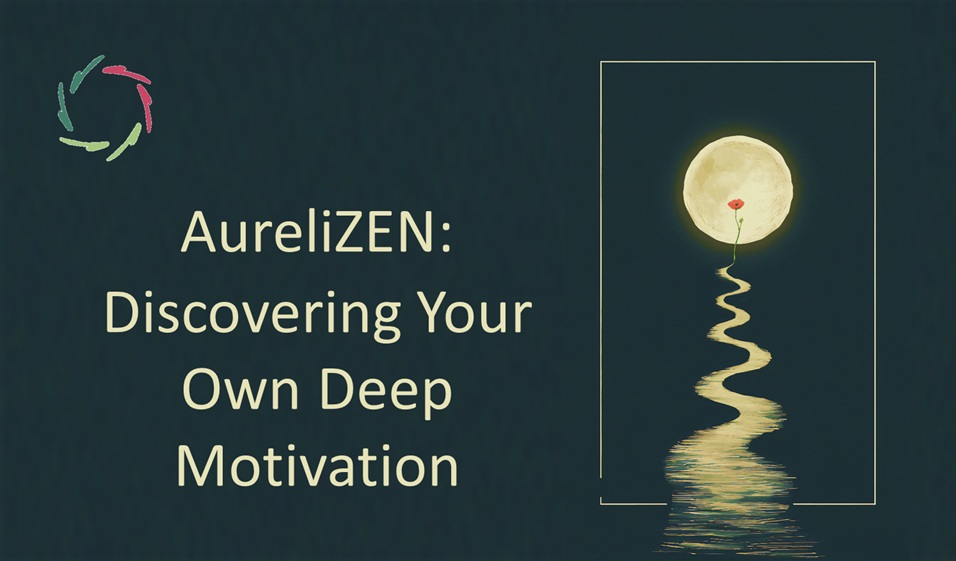Some more Advise for Coach and Coachee ― Related to a Questionnaire

This relates to one of these questionnaires:
Another use of these questions is when the future has become the present.
You have lost the desired 20 pounds. Now, the aim is to keep it that way. You can then take this ‘test’ to see where you stand inside yourself. If you’re not close to 7 on certain points now, it’s the ideal time for you to continue working on this.
This allows you to do 2 things: 1) You perpetuate this situation, and 2) You learn essential things about yourself that you can use when working on another goal or in case you relapse through this goal itself.
A coach can help with this.
It is interesting for a coach to find out which questions receive a lower score and to adjust the coaching accordingly.
Other comments from the coachee (or from you if you look at the questions for yourself) can also provide valuable directions.
It is interesting to keep track of the information from this test.
You can compare it with those of subsequent times.
In this way, you also get an idea of evolution as a coach, you can map out a to-do, and you also receive feedback about what you as a coach can do for this specific person or in similar situations.
This can also be interesting for a coach before the start of a coaching process.
In the field of health, one cannot rightly enter into a 100% result commitment. This applies to medication (which, by the way, has no positive effect at all in a third of concrete cases), and it also applies to AURELIS.
However, with the latter, unlike medication, a particularresult can always be guaranteed. This result is ‘measurable’ (maybe) and ‘transferable’ (in any case) using these tools.
This gives a coachee the guarantee that something will happen in the field of inner growth.
Since this is also the first intention from AURELIS point of view, it is always OK.
As a coach, you don’t have to be afraid of not helping someone. You always help… as long as you don’t think ‘I’ will do so.
The attitude of the (potential) coachee towards the unconscious is also important.
Some insight into this can also be seen as an element of ‘being ready for a change from within.’ Especially if you notice that a coachee has a very unclear view of this, or if the coachee scores relatively low on one of the above questions, it is crucial to keep an open mind to discuss this thoroughly.
In such a case, the coaching should actually focus on this in the first place. It makes no sense to invite a coachee to enter somewhere if the door is still locked.


